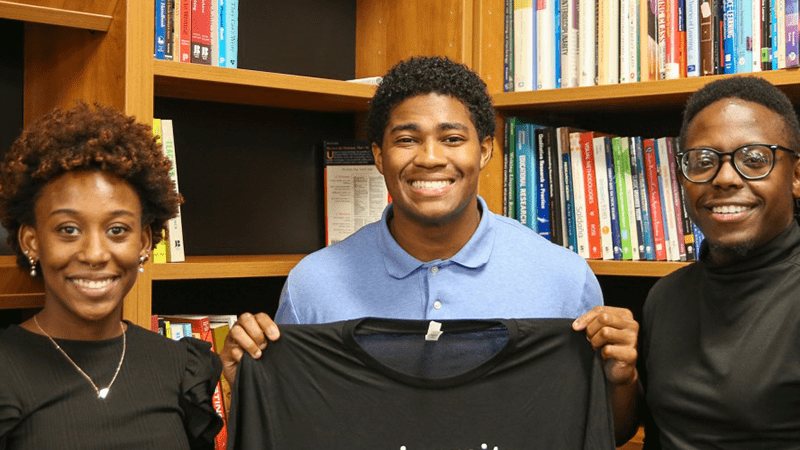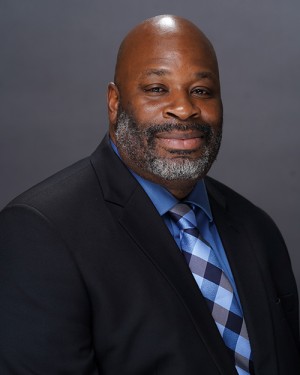Three JCSU Students Among 261 Students Named University Innovation Fellows By Stanford D.School Program

Johnson C. Smith University students Eryn Glover ’25, Jayden Petrus ’25 and Jerome Adonis ’24 were recently named Stanford d.school University Innovation Fellows.
The University Innovation Fellows program empowers students to become agents of change at their schools. Fellows work alongside a faculty or staff representative to ensure all students gain the attitudes, skills and knowledge required to navigate a complex world and build the future.
“Higher education institutions around the world need student leaders to be involved in shaping the experience of teaching and learning,” said Humera Fasihuddin, co-director of the program. “Students can provide an essential perspective on what learners need to succeed and thrive in the world today, and students can take the lead on making the necessary changes happen at their schools.”
The fellows were nominated by faculty and administrators as individuals or teams of students and selected through an application process each year. Following acceptance into the program, students participate in a six-week online training experience where they learn to analyze their campus ecosystems and identify opportunities for change.
Glover, Petrus and Adonis have decided to focus on creating a more inclusive and cohesive community at JCSU in order to improve the emotional and social wellbeing of students.
Some of the ideas they have discussed include implementing creating circular arrangements in classrooms and implementing an application called SoulfulHarbor. This app will act as a social network that will connect students with similar interests and act as a social calendar to encourage students to attend University events.
“We know that emotion and social well-being directly impact academic performance,” said Glover. “It’s important that we focus on these things so students can have the best experience here.”
The project will be implemented via faculty training, curriculum revision (encouraging faculty to add more collaborative work experiences into their classes), a pilot phase and full implementation.
Adonis, a Computer Engineering major, says he is excited to be a part of the program because it is fueled by students who are creating better experiences for their classmates.

Dr. John Bannister
“I’m excited about enriching the social and emotional well-being of my fellow students as it cultivates an environment where every student’s excitement becomes the heartbeat of progress, bringing out the best in everyone,” he said.
The students will work alongside Dr. John Bannister, who serves as the “faculty champion” for the fellows. Bannister was named a candidate in the Stanford d.school’s faculty innovation fellows program in February.
“As the Faculty Champion for our UIF fellows, my role is to both guide the fellows and help mitigate any challenges impeding their work,” he said.
The changes must be related to innovation, entrepreneurship, design thinking and creativity. They work to understand the needs of both their peers and their faculty and administrators. They apply this new knowledge and perspective to design new educational opportunities for their peers. After training, fellows implement the projects they’ve crafted. They continue to serve as change agents and leaders at their universities and beyond.
There are 68 higher education institutions from 15 countries that participate in the program.
“The new Fellows are designing experiences that help all students learn skills and mindsets necessary to navigate these uncertain times and to shape the future they want to see,” said Leticia Britos Cavagnaro, co-director of the program. “They are giving back to their school communities, and at the same time, they’re learning strategies around design, creativity and leadership that will help them in their careers.”
For more information on the University Innovation Fellows program, visit www.UniversityInnovationFellows.org.